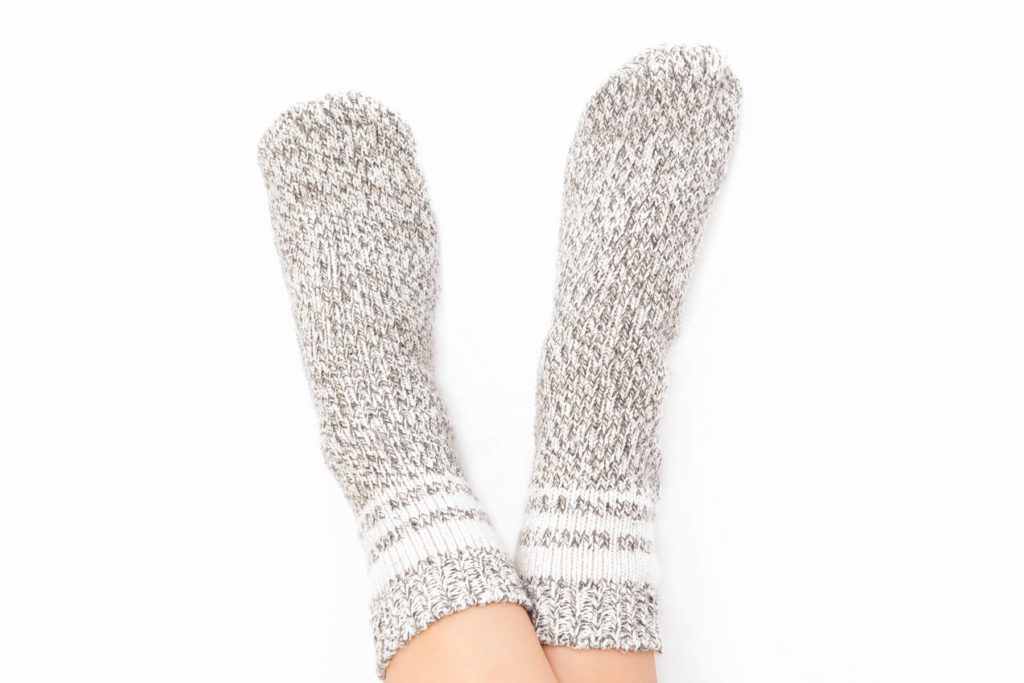Diabetic Foot Treatments
Diabetic foot treatments from Trinity Podiatry in Edinburgh
Foot care is especially important for people with diabetes to prevent or eliminate problems. Regular foot care from a Health Professions Council Registered Podiatrist, is essential to keep a diabetic’s feet in good order. At Trinity Podiatry, we can help keep your feet healthy.

Diabetic foot care
Diabetes mellitus is a disorder in which sugars in the body are not broken down to produce energy due to a lack of the pancreatic hormone “Insulin.” This disorder is characterised by an inability to reabsorb water, which results in an increased urine production, excessive thirst and excessive eating.
The accumulation of this sugar leads to its appearance in the bloodstream (hyperglycaemia) and then in the urine. As this sugar cannot be broken down to produce energy, the body utilises its fat storage as an energy source.
This alternative source of energy leads to disturbances of the acid base balance and accumulation of ketones (Ketosis) in the blood, this eventually leads to convulsions, which precede diabetic coma.
There are 2 types of diabetes
Insulin dependent diabetes
In this condition patients have little or no ability to produce the hormone insulin and are entirely dependent on insulin injections for survival.
Non-insulin dependent diabetes
Usually occurs after the age of 40. The pancreas retains some ability to produce insulin but it is inadequate for the body’s needs. Patients may require advice on diet or treatment with oral hypoglycaemic drugs.
With both types of diabetes, diet must be carefully controlled with adequate carbohydrates for the body’s needs. Lack of balance in the diet, or in the amount of insulin taken, leads to hypoglycaemia.
This is a deficiency of glucose in the bloodstream causing muscular weakness, in-coordination, mental confusion and sweating, which may lead to hypoglycaemic coma. Long-term complications of diabetes include thickening of the arteries, which can affect the eyes. It is therefore important that the eyes are also checked regularly.

Diabetic Foot Care Q & A
Why do I need diabetic foot care?
Diabetic foot care involves taking measures to protect your feet and lower your risk of amputation. When it comes to your feet, which already struggle to get an adequate blood supply because of the effects of gravity, diabetes further limits sufficient circulation.
This can lead to nerve damage (neuropathy), overly dry and cracked skin, and an increased risk of foot ulcers. Because your skin dries out and can’t heal quickly, you’re more susceptible to nail problems, like fungal nails and ingrown toenails.
Overall, diabetes slows down wound healing. So something as simple as a mild crack or cut can stay open for an extended period, making a perfect hiding spot for bacteria and foreign invaders to thrive.
If left untreated, a diabetic foot wound can become so severe the infection spreads to your bones, which could lead to an amputation.
What are the symptoms of diabetic foot wounds?
The concern with diabetic foot wounds is that because you’re prone to nerve damage due to diabetic neuropathy, you won’t feel a wound. That’s why knowing what to look for and daily inspection of your feet is essential. Diabetic foot wounds can lead to:
If any of these diabetic foot wound symptoms sound familiar, schedule an appointment at Trinity Podiatry Clinic right away.
How are diabetic foot conditions treated?
Whether you have a foot ulcer, history of neuropathy, fungal nail infection, or another type of diabetic foot condition, the highly skilled team at Trinity Podiatry Clinic can help. Your diabetic foot-care treatment plan may include:
The wound-care experts at Trinity Podiatry Clinic are diligent about preserving your foot health and lowering your risk of amputation. They can even get you in for a same-day diabetic foot-care appointment since even small concerns can quickly become a major emergency.
At Trinity Podiatry Clinic, you can receive the comprehensive diabetic foot care you need. Book your diabetes appointment online via Book Now on our website or call our office to speak with a receptionist.
Care of diabetic feet
As a diabetic you may experience a reduction in feeling, so other senses should be used, especially the eyes and hands, to detect the earliest signs of injury or infection. If these signs are neglected serious problems may develop.
The diabetic should follow these simple rules:





